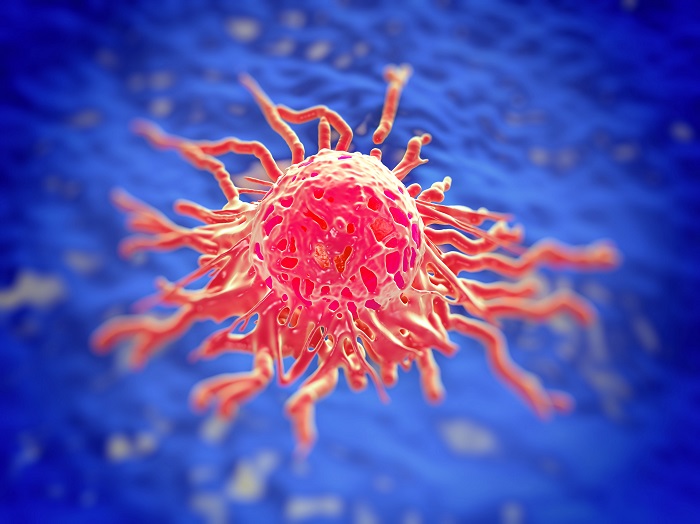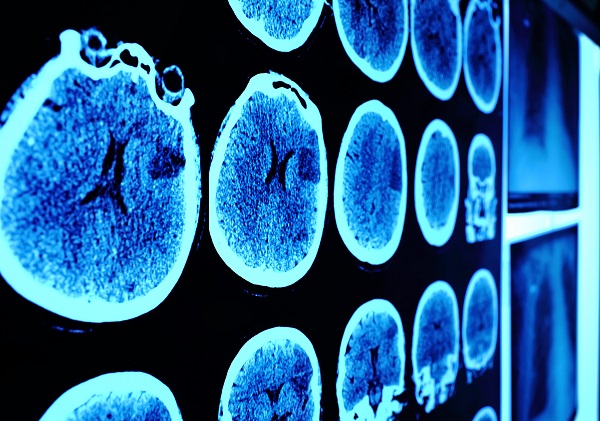The operational and instrumental treatment of cancer or tumor diseases usually fall into different departments like for example in the surgery. In addition to the classical oncology therefore also exist specific developments such as surgical oncology and radiological oncology . In many hospitals in Germany, there are specially equipped cancer centers (Cancer Comprehensive Center) in which cooperating doctors from many different disciplines work together very closely.
Following activities belong to the field of medical oncology:
- diagnostic
- radiological treatment like radiotherapie
- chemotherapie with cytostatics
- operative and surgery treatment
- medicamentous cancer therapie with monoclonal drug
- the cancer-imuntherapie

An essential component of oncology is prevention, that means to take those measures, which prevent the development or spread of cancer or at least to suppress it. Above all, the cancer research plays a crucial role here, because due to the research there can be developed new forms of prevention, diagnosis and treatment. In Germany there has been established the "German Cancer Research Center" at Heidelberg ( DKFZ ), whose results are also supports to the international network.
In the field of cancer prevention oncologists also work closely with epidemiologists to attain and explore statistical knowledge about risk factors. On this basis, it is possible to detect and reduce these risk factors. This includes for example a health education such as smoking cessation. Due to those study of risk factors specific high-risk groups of people can be put on underneath a screening: In this case, the malignant cell growth is to be diagnosed and treated if possible before the onset of the disease.

